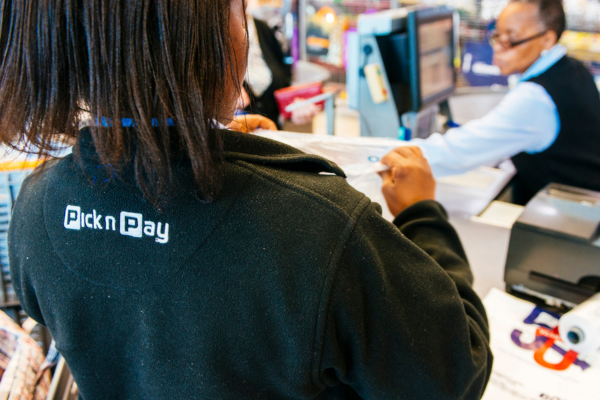The economic environment in South Africa faces several challenges, such as low GDP growth and high unemployment. We must consider these challenges when assessing retailers operating here. Pick n Pay, a well known retailer in South Africa, has been severely affected by these economic conditions.
Many South African consumers are unemployed. The Quarterly Labour Force Survey (QLFS) published by Statistics South Africa shows that the unemployment rate in South Africa was 32.9% in the first quarter of this year. This means many shoppers are buying with little or no income.
Food inflation in South Africa fell to its lowest level in 11 months in June at 11 % compared to 11,8 % in May. But food inflation is still high. The Pick n Pay Group believes that food and overall inflation in South Africa will continue to rise. The company intends to ‘improve operational efficiency and exercise greater cost discipline’.
Loadshedding has severely impacted South Africans. Pick n Pay revealed that the increasing occurence of loadshedding greatly affected its costs during the first 20 weeks of its 2024 financial year.
Given these challenges, it’s no surprise that sales in South Africa, particularly for Pick n Pay, have declined slightly. Pick n Pay says this is due to reduced promotional activity to address the cost pressures caused by load shedding. From March to June 2023, Pick n Pay spent more than ZAR 300 million on diesel. However, over the same period (the first 20 weeks of the 2024 financial year), both clothing and liquor stores have reported growth of 10.9% and 9.8%, respectively. Online sales grew by over 75%.
Despite some growth, Pick n Pay expects its “earnings per share, headline earnings per share and pro format headline earnings per share for H1 FY24 to be down more than 20% compared with H1 FY23”. This means that company shareholders will earn less on their shares than before.
The UNI Africa Pick n Pay Alliance met online on 31 July 2023. Trade unions from eSwatini, Lesotho, South Africa and Zimbabwe shared their experiences of PnP over the past year. As we enter a period of uncertainty about the company’s future, the retail alliance meeting is particularly important. It was revealed that the company is looking to employ a more flexible workforce, based on flexible working hours and ‘multi-skilled’ workers. This is in line with what we see as cost-cutting measures given the economic environment. Trade unions are actively fighting for appropriate compensation for their members.
Watch this video for more insight into the Pick n Pay Group.
Get the PDF version of this video presentation.
*Main photo credit:Waldo Swiegers/Bloomberg







